
The Pontiff dedicated his entire reflection to the First Reading, taken from the First Book of the Maccabees (1:10-15, 41-43, 54-57, 62-64), encapsulating the contents in “three words: worldliness, apostasy, persecution”. Rereading the text, Francis pointed out “that the passage begins like this: ‘In those days there sprang a sinful offshoot”. He then explained that “the image of the root which is underground, unseen, seems to do no evil, but then grows and exposes, reveals its true reality”. This image is also seen in the Letter to the Hebrews, whose “author admonished his own in the same way: ‘that among you no root of bitterness spring up and cause trouble and by it the many become defiled’”.
In this regard the Pope described “the phenomenology of the root”, which “grows, it always grows”, even when — as in the case of the day’s passage — it may seem like a “reasonable root: ‘Let us go and make a covenant with the Gentiles round about us’ — Why are there so many differences? — ‘for since we separated from them many evils have come upon us’. Let us go to them, we are all alike”. And thus, he continued, “‘some of the people eagerly went to the king, who authorized them to introduce the way of living of the Gentiles’. Where? In the chosen people, that is to say, in the Church of that time”.
However, Francis noted, in that act “there is worldliness. We do what the world does, the same thing: we put our identity card up for auction; we are the same as everyone”. Just like the people of Israel, who “began to do this: ‘they built a gymnasium in Jerusalem according to Gentile custom’, pagan custom; ‘and removed the marks of circumcision’, in other words, they denied the faith, ‘they abandoned the holy covenant. They joined with the Gentiles and sold themselves to do evil’”. However, the Pontiff warned, this act, “which seemed so reasonable — ‘we are like everyone, we conform’ — became destruction”. Because, he reaffirmed, “this is worldliness. This is the path of worldliness, of that sinful, bitter root”.
On this topic Francis shared that he has always been struck by the fact “that at the Last Supper the Lord prayed for the unity of his own and asked the Father to free them from every worldly spirit, from all worldliness, because worldliness destroys identity; worldliness leads to a single mode of thought, there is no difference”.
The first consequence of this is apostasy. The Pope showed this by rereading the passage: “‘Then the king wrote to his whole kingdom that all should be one people’ — a single mode of thought, worldliness — ‘and that each should give up his customs. All the Gentiles accepted the command of the king. Many even from Israel gladly adopted his religion; they sacrificed to idols and profaned the sabbath’”. Thus, said the Pope, “apostasy. That is, worldliness leads you to a single mode of thinking and to apostasy. Differences are not permitted, we are not allowed differences”. We end up becoming “all alike. In the history of the Church, in the history we have seen”, the Pope offered a particular example in which “the name of a religious feast was changed — the Birth of the Lord had a different name — in order to erase identity”.
It must also be remembered, the Reading seems to say, that persecution follows apostasy. “The king”, the Pontiff read, “erected the horrible abomination upon the altar of burnt offerings and in the surrounding cities of Judah they built pagan altars. They also burned incense at the doors of the houses and in the streets. Any scrolls of the law which they found they tore up and burnt. Whoever was found with a scroll of the covenant, and whoever observed the law, was condemned to death by royal decree”. Here then is “the persecution” which “begins from one root”, which is “small, and ends with the abomination of desolation”. This, he said, “is the deceit of worldliness”. And this is why, at the Last Supper, Jesus asked the Father: “I ask not that you remove them from the world but that you protect them from the world”, in other words, to protect “from this mentality, from this humanism, which comes to take the place of the true man, Jesus Christ”. To protect them from this worldliness “that comes to take from us our Christian identity and lead us to a single mode of thinking: ‘Everyone does this, why don’t we?’”.
Here then the Holy Father applied the day’s Reading, which, “in these times makes us think” about our identity. We should ask ourselves: “Is it Christian or worldly? Do I say I am Christian because I was baptized as a child or because I was born in a Christian country, where everyone is Christian?”.
According to Pope Francis it is important to answer these questions, because “worldliness that enters slowly” continues to grow, and then “it justifies itself and infects”. How? “It grows like that root” described in the Reading; “it justifies itself — ‘let us do like all the people, we are not so different’ — it always tries to find justification, and in the end it infects, and so many evils arise from it”.
At the end of the homily the Pope highlighted that all of “the Liturgy, in these last days of the liturgical year”, make us ponder these things, and especially today it tells us “in the name of the Lord: look out for the bitter roots, for the sinful roots that lead you astray from the Lord and cause you to lose your Christian identity”. It is an exhortation to steer clear “of worldliness” and to ask in prayer that the Church be protected “from every form of worldliness. That the Church always have the identity that Jesus Christ commanded; that we all have the identity” received in baptism; “and that this identity not be thrown away” out of wanting “to be like everyone, for reasons of ‘normalcy’”.
In short, Francis concluded, “may the Lord give us the grace to keep and protect our Christian identity against the spirit of worldliness that always grows, justifies itself and infects”.

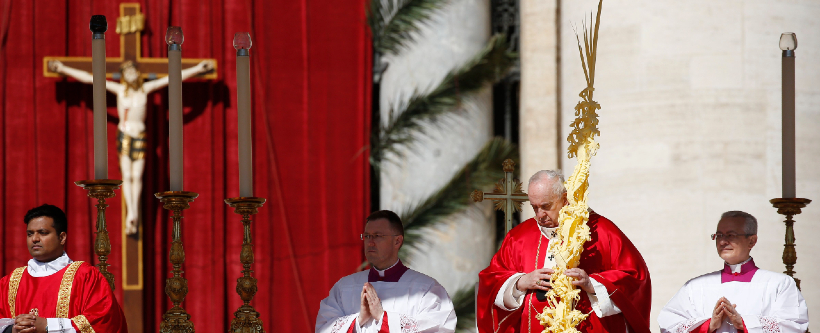
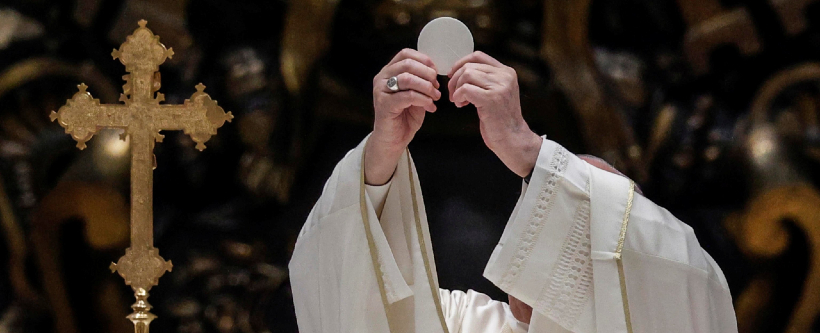
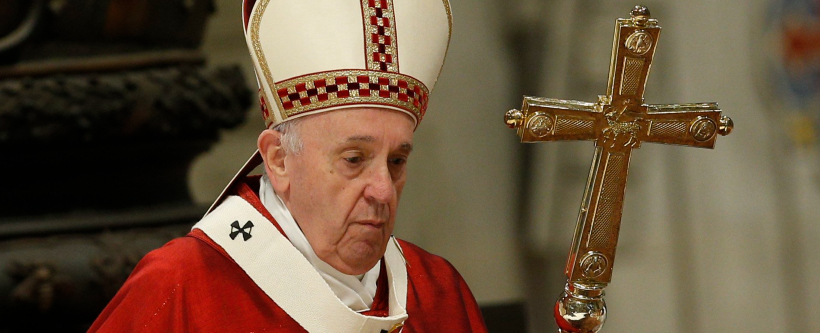
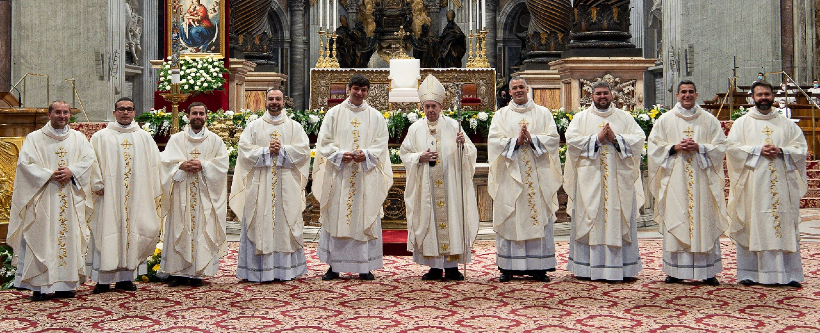
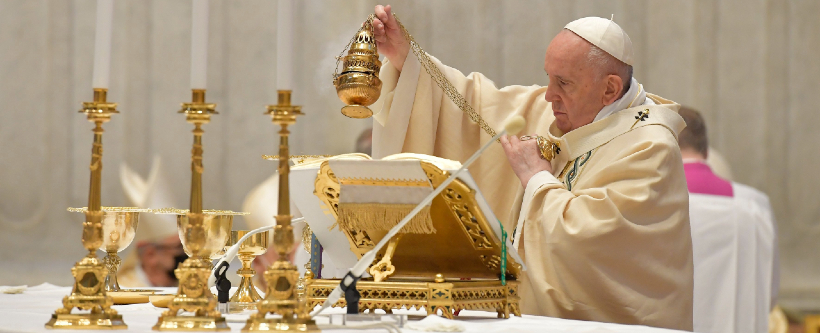
Facebook Comments